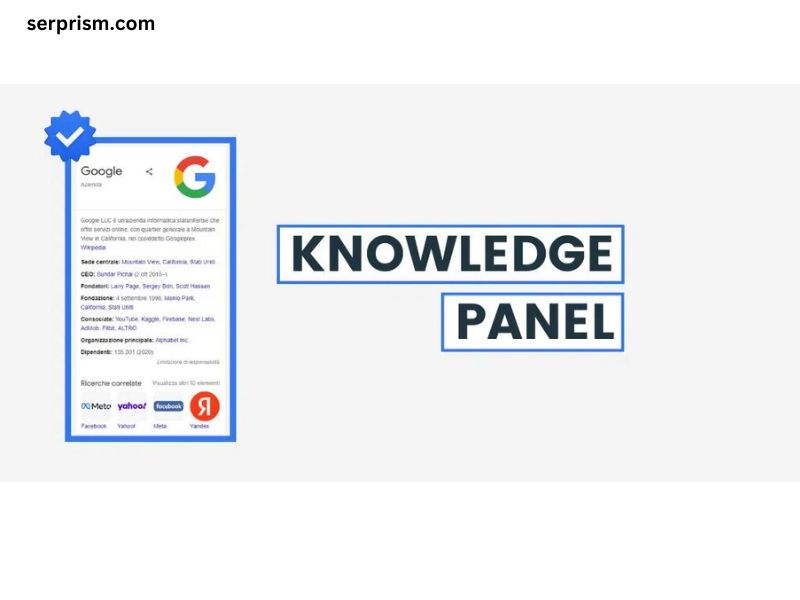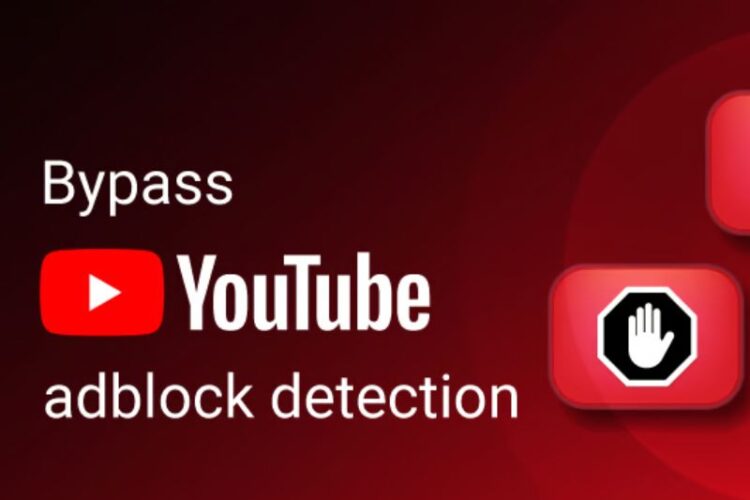
Before we dive into the steps for editing a Knowledge Panel, it’s essential to understand what it is and how it works. The Google Knowledge Panel is an automatically generated information box that Google displays in search results for well-known entities. The data in these panels is sourced from various authoritative databases, websites, and Google’s own algorithms.
Components of a Knowledge Panel
A typical Knowledge Panel includes several key elements:
- Name and Title: The name of the person, business, or organization, along with any titles or professional designations.
- Image: A photo or logo that represents the entity.
- Bio: A brief summary or description of the entity.
- Social Media Links: Links to verified social media profiles.
- Website: The official website associated with the entity.
- Additional Information: Other relevant data such as date of birth, location, or associated works (like books or movies).
Why is the Knowledge Panel Important?
For individuals and businesses, the Knowledge Panel is more than just an informational box—it’s a powerful tool for managing online reputation. Here’s why it’s important:
- Visibility: The Knowledge Panel appears at the top of the search results, making it one of the first things people see when they search for you or your brand. This prime real estate ensures that critical information about you is prominently displayed.
- Credibility: A well-maintained Knowledge Panel lends credibility to your online presence. It signifies that Google recognizes you as a notable entity, which can positively influence how people perceive you.
- Control Over Information: By managing your Knowledge Panel, you can ensure that the most accurate and relevant information is presented to your audience. This is especially important for correcting any inaccuracies or outdated information.
- SEO Benefits: While the Knowledge Panel itself doesn’t directly impact search engine rankings, it can indirectly boost your SEO efforts by enhancing brand visibility and click-through rates.
Steps to Edit Your Own Knowledge Panel
Editing a Knowledge Panel is not as straightforward as editing a Wikipedia page. Since the panel is generated automatically by Google, there is no direct “edit” button. However, there are several steps you can take to influence and update the information displayed.
Step 1: Verify Your Identity
Before you can request changes to your Knowledge Panel, you need to verify your identity. This is a crucial step because it ensures that only authorized individuals or representatives can make edits.
- Search for Your Knowledge Panel: Start by searching for your name or the name of your business on Google. If you have a Knowledge Panel, it should appear on the right side of the search results.
- Click on “Claim this Knowledge Panel”: If you haven’t already claimed your Knowledge Panel, you’ll see a link that says “Claim this Knowledge Panel” at the bottom. Click on it to begin the verification process.
- Sign in to Your Google Account: You’ll be prompted to sign in to your Google account. It’s recommended to use the account associated with your professional or business email.
- Provide Verification: Google may ask you to provide additional verification, such as linking your Google account to your official website, social media accounts, or other forms of identification.
- Submit Your Request: Once verified, you can submit your request to claim the Knowledge Panel. Google will review your request, which can take several days or weeks.
Step 2: Update Your Information
After successfully claiming your Knowledge Panel, you can begin the process of updating and editing the information.
- Submit Feedback: If you notice incorrect or outdated information in your Knowledge Panel, scroll to the bottom and click on “Feedback.” This will allow you to submit corrections directly to Google. Provide detailed explanations and, if possible, links to authoritative sources that support your changes.
- Update Your Online Presence: Google pulls data from various online sources to populate the Knowledge Panel. Ensure that your information is consistent and up-to-date across all platforms, including your official website, social media profiles, and any online directories. This consistency will help Google’s algorithms update your Knowledge Panel accordingly.
- Use Structured Data Markup: If you manage your website, you can use structured data markup (Schema.org) to provide Google with more accurate information about your business or personal brand. This code, added to your website’s HTML, helps search engines understand the content of your site better. It can include details like your name, title, bio, social media links, and more.
- Engage with Wikipedia and Wikidata: Wikipedia and Wikidata are two of the primary sources of information for Google’s Knowledge Panels. If you or your business have a Wikipedia page, ensure that it is accurate and regularly updated. Wikidata, which is linked to Wikipedia, also plays a significant role, so creating and maintaining a Wikidata item can help manage the data in your Knowledge Panel.
Step 3: Maintain Consistency and Relevance
Editing your Knowledge Panel isn’t a one-time task. It requires ongoing maintenance to ensure that the information remains accurate and relevant.
- Regularly Update Your Online Profiles: Keep your social media profiles, website, and other online presences current. Any major changes, such as a rebrand, change of address, or new professional title, should be reflected immediately.
- Monitor Changes: Periodically check your Knowledge Panel to see if any new information has been added or if there have been changes. If something is incorrect, follow the feedback process again to request corrections.
- Engage with Your Audience: The more you engage online, the more likely it is that Google will update your Knowledge Panel with relevant, current information. Regular blog posts, social media activity, and press releases can all contribute to maintaining an up-to-date Knowledge Panel.
- Leverage PR and Media Coverage: Getting featured in reputable media outlets can also influence your Knowledge Panel. When high-authority websites mention you or your brand, Google may update your Knowledge Panel to include this new information.
Common Challenges and How to Overcome Them
While editing a Knowledge Panel is manageable, there are a few challenges you might encounter.
- Delayed Updates: Google’s review process for submitted changes can be slow. Patience is key, as it can take several weeks for changes to appear.
- Inaccurate Data: If Google continues to pull inaccurate data despite your efforts, it may be due to conflicting information online. Double-check that all your online profiles and associated sites are consistent.
- Lack of a Knowledge Panel: If you don’t have a Knowledge Panel yet, it may be because Google doesn’t recognize you as a notable entity. Building your online presence, increasing your media coverage, and improving your website’s SEO can help you become eligible for a Knowledge Panel.
- Limited Control: Even after claiming your Knowledge Panel, your ability to make changes is limited. Google ultimately decides what information to display. However, by following the steps outlined above, you can significantly influence the content.
Conclusion
A Google Knowledge Panel is a powerful tool for anyone looking to manage their online reputation and ensure that accurate, relevant information is presented to the public. While you don’t have complete control over the content, the steps to claim and edit your Knowledge Panel allow you to have a significant influence.
By verifying your identity, keeping your online presence updated, and using tools like structured data markup, you can ensure that your Knowledge Panel reflects your true brand identity. Regular monitoring and engagement with your audience further help in maintaining the relevance and accuracy of the information displayed.




